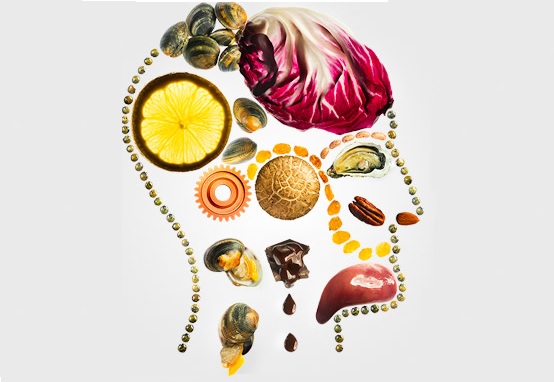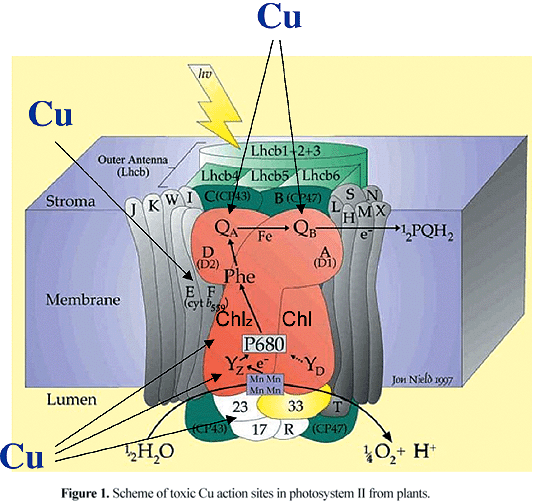Copper is not only important for industry, but also attach importance to our life and health. Some foods are especially rich in copper. These include most nuts (especially brazils and cashews), seeds (especially poppy and sunflower), chickpeas, liver and oysters. Natural foods such as 0cereals, meat and fish generally contain sufficient copper to provide up to 50% of the required copper intake in a balanced diet.
In addition, a further part of the daily intake in the United Kingdom may be obtained from drinking water transmitted through copper pipes. However in most areas, the copper content of water is not sufficient to provide the balance of the required normal daily intake of this element. In addition, it should be appreciated that some water filters are claimed to remove metals including the essential element copper from drinking water.

The World Health Organization (WHO) estimates that global populations are at greater health risks from the lack of copper in their diets than from an excess of copper.
Copper Deficiency
According to the World Health Organisation, there is a greater risk from copper deficiency than from copper toxicity, even in developed areas such as the US and Western Europe. Copper deficiency can lead to health problems such as anaemia, heart and circulation problems, bone abnormalities and complications in the functioning of the nervous and immune systems, the lungs, thyroid, pancreas and kidneys. The elderly, who do not get enough copper, and lactating and pregnant women who need more copper in their diet, are especially impacted. This view is echoed by the EU Voluntary Risk Assessment, which concludes that some EU citizens are at a risk of copper deficiency, for example, post-menopausal women.
Copper Excess
Copper homeostasis balances uptake and excretion of copper to meet the body’s needs on a continuous basis. Acute copper poisoning is a rare event, largely restricted to the accidental drinking of solutions of copper nitrate or copper sulphate which should be kept out of easy access in the home. These and organic copper salts are powerful emetics and inadvertent large doses are normally rejected by vomiting. The capacity for healthy human livers to excrete copper is considerable and chronic copper poisoning is very rare with the few reports referring to patients with liver disease.

Copper in Medicine
Copper has been used as a medicine for thousands of years including the treatment of chest wounds and the purifying of drinking water. More recently, research has indicated that copper helps prevent inflammation in arthritis and similar diseases. Research is going on into anti-ulcer and anti-inflammatory medicines containing copper, and its use in radiology and for treating convulsions and epilepsy. Although there is no epidemiological evidence that copper can prevent arthritis, there have been claims that the wearing of copper bangles does alleviate the symptoms.
Is Copper Needed by Plants and Animals?
Absolutely. Plants and animals require copper for normal growth and metabolism. Without proper copper supply in soils, plants will have reduced yields, impaired quality of crop products, increased susceptibility to disease, and, in severe cases, to crop failure.
Attend exhibitions, focus on industry devolpment trend and new technology,Nexteck Technology Limited keeps pace with the times ,exploring and innovating so as to achieving continuous development.
TAG: COPPER




